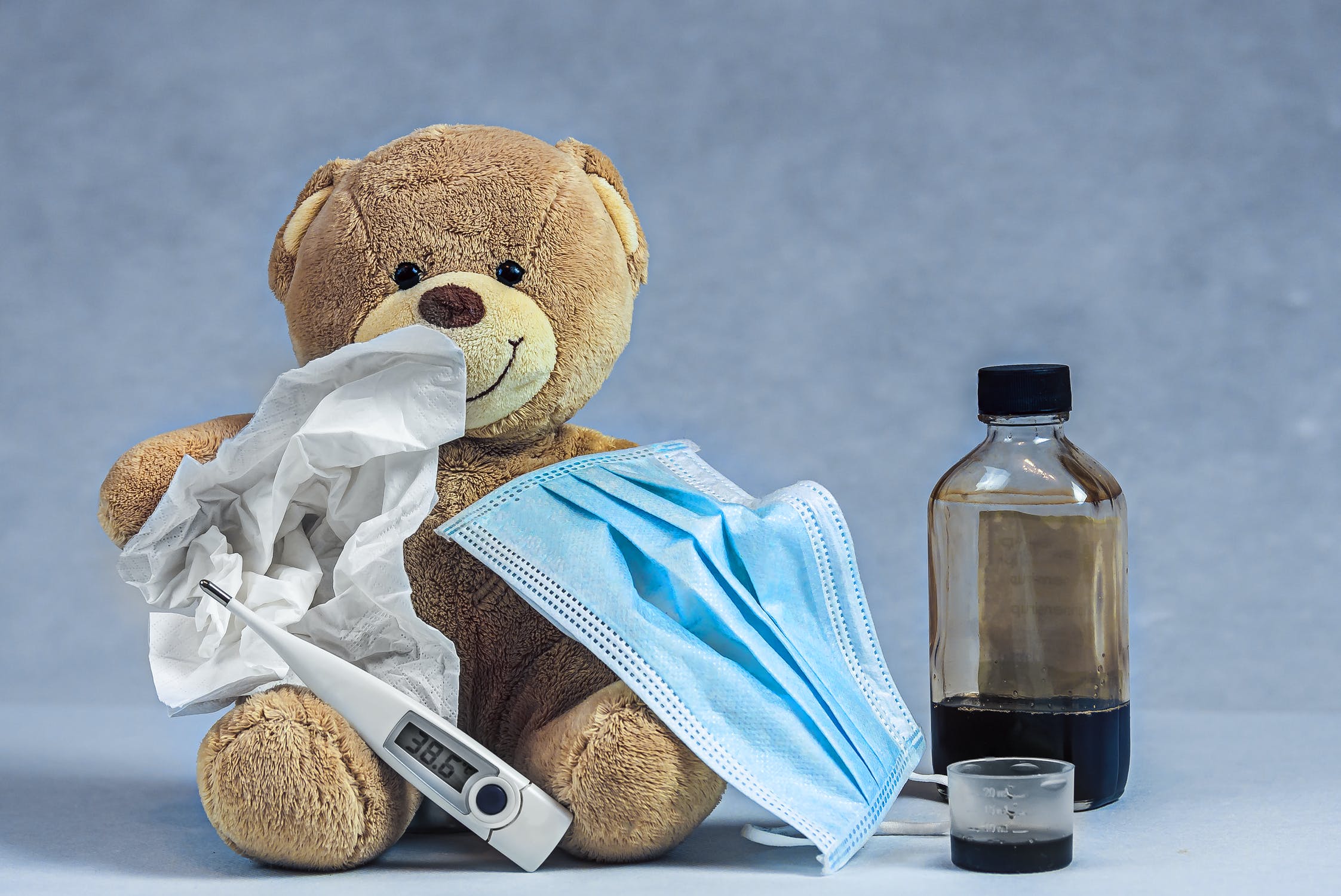§ 23.81. Purpose and scope.
This subchapter has been promulgated to insure that school children are immunized against diseases which spread easily in schools and interrupt school life and learning for individuals and groups. This subchapter affects public, private and parochial schools, including kindergartens, special education classes, home education programs and vocational classes in this Commonwealth.
§ 23.83. Immunization requirements.
(a) Required for entry. The following immunizations are required for entry into school for the first time at the kindergarten or first grade level, at public, private or parochial schools in this Commonwealth, including special education and home education programs:
(1) Hepatitis B. Three properly-spaced doses of hepatitis B vaccine or a history of hepatitis B immunity proved by laboratory testing.
(2) Diphtheria. Four or more properly-spaced doses of diphtheria toxoid, which may be administered as a single antigen vaccine, in combination with tetanus toxoid or in combination with tetanus toxoid and pertussis vaccine. One dose shall be administered on or after the 4th birthday.
(3) Tetanus. Four or more properly-spaced doses of tetanus toxoid, which may be administered as a single antigen vaccine, in combination with diphtheria toxoid or in combination with diphtheria toxoid and pertussis vaccine. One dose shall be administered on or after the 4th birthday.
(4) Poliomyelitis. Three or more properly-spaced doses of any combination of oral polio vaccine or enhanced inactivated polio vaccine.
(5) Measles (rubeola). Two properly-spaced doses of live attenuated measles vaccine, the first dose administered at 12 months of age or older, or a history of measles immunity proved by serological evidence showing antibody to measles as determined by the hemagglutination inhibition test or a comparable test. Each dose of measles vaccine may be administered as a single antigen vaccine.
(6) German measles (rubella). One dose of live attenuated rubella vaccine, administered at 12 months of age or older or a history of rubella immunity proved by serological evidence showing antibody to rubella determined by the hemagglutination inhibition test or any comparable test. Rubella vaccine may be administered as a single antigen vaccine.
(7) Mumps. One dose of live attenuated mumps vaccine, administered at 12 months of age or older or a physician diagnosis of mumps disease indicated by a written record signed by the physician or the physician's designee. Mumps vaccine may be administered as a single antigen vaccine.
(8) Chickenpox (varicella). One of the following:
(i) One dose of varicella vaccine, administered at 12 months of age or older.
(ii) A history of chickenpox immunity proved by laboratory testing or a written statement of history of chickenpox disease from a parent, guardian or physician.
§ 23.84. Exemption from immunization.
(a) Medical exemption. Children need not be immunized if a physician or the physician's designee provides a written statement that immunization may be detrimental to the health of the child. When the physician determines that immunization is no longer detrimental to the health of the child, the child shall be immunized according to this subchapter.
(b) Religious exemption. Children need not be immunized if the parent, guardian or emancipated child objects in writing to the immunization on religious grounds or on the basis of a strong moral or ethical conviction similar to a religious belief.
